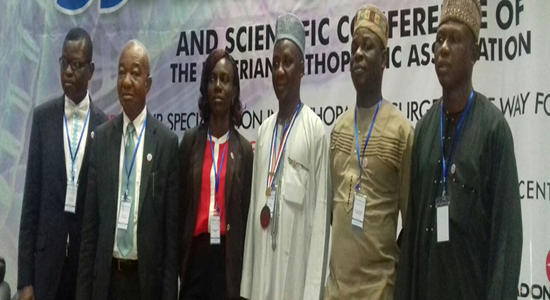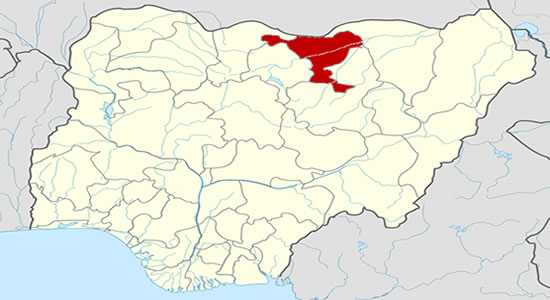Health Experts To FG: Prioritise Funding For Deteriorating Spine Diseases
The Nigerian Orthopedic Association (NOA) during its 40th annual general meeting and scientific conference in Asaba, Delta State, made a special appeal to the Federal Government
to prioritize funding for the treatment of spine diseases in the country, which is in a deteriorating state.
The guest speaker Professor Wale Sulaiman, who is an experienced spine surgeon based in the United States, stated that, so many Nigerians are presently suffering from numerous spinal cord diseases and that has constituted a public health concern particularly owing to the country’s growing aging population.












